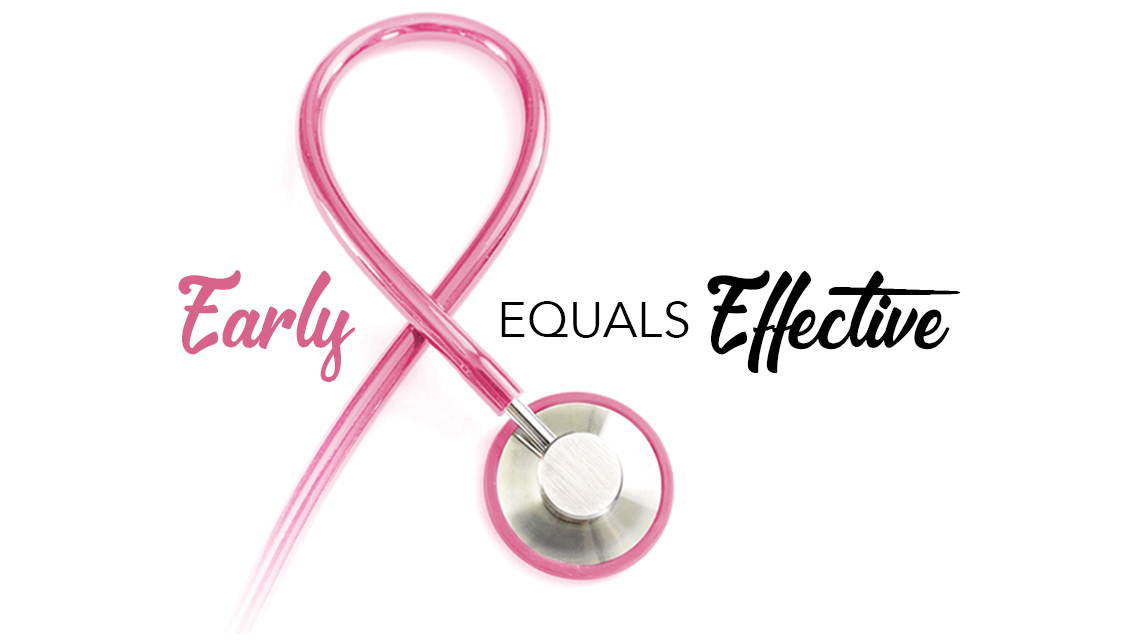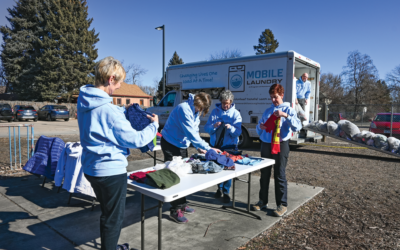By Dawn Duncan
In the discovery and treatment of breast cancer, early detection is key. By detecting abnormalities in the body as early as possible, there are more options for care and may be greater opportunity to combat the many forms of and responses to breast cancer. With advancements in technology and traditional as well as holistic options available to patients, informed decisions about preferred treatments can be made.
Mammography has been the main avenue for breast cancer detection and continues to
be the most widely-selected option. Doctors worldwide rely on mammograms for their patients who are seeking ongoing monitoring of their health through regular checkups as well as in cases where there may be signs of abnormalities or growths within the breast tissue of their patients.
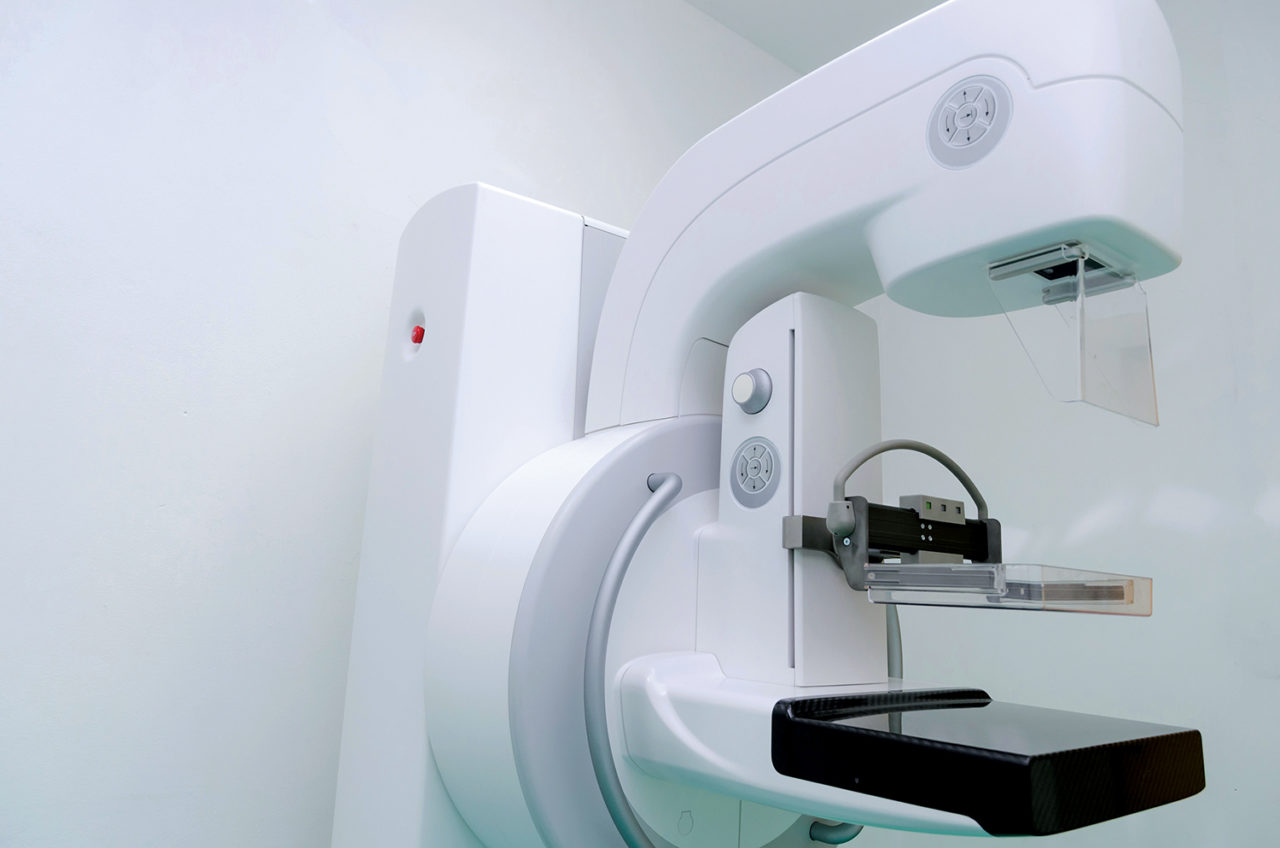
Dr. Natalie Rochester, an obstetrician-gynecologist at UCHealth Women’s Care Clinics in Greeley, Loveland and Windsor, says mammograms can be especially important in early detection of oftentimes small and non-palpable cancers. Additionally, she states that regular self-breast exams, exams done by a healthcare provider and mammograms done on a regular basis improve the chances of detection at an earlier stage.
“While none of these alone are perfect,” she says, “together, they help to improve outcomes.”
Dr. Rochester notes that her own practice of self-care and monitoring her health are as important as caring for her patients. “As I schedule my mammogram this October, I’m reminded of my patients who have had breast cancer diagnosed via mammogram. Early diagnosis and treatment allows for less aggressive surgery and a sooner cure. For me, that is reason enough to stay on top of mammogram screening.”
Dr. Alison Cowan, obstetrician- gynecologist at UCHealth Women’s Care Clinic in Loveland, agrees. “Screening for breast cancer is incredibly important because we know that when we find breast cancer early, we are much more likely to be able to cure it,” she says. “I also recommend that patients discuss their family history of any cancers with their physician because this can also change recommendations for screening.”
Dr. Cowan explains that for women, discussions regarding annual mammograms begin when a patient is age 40; some women choose to start later. It is also of concern to some patients that radiation from mammography could be damaging to their health; however, Dr. Cowan says that this level of radiation is very small.
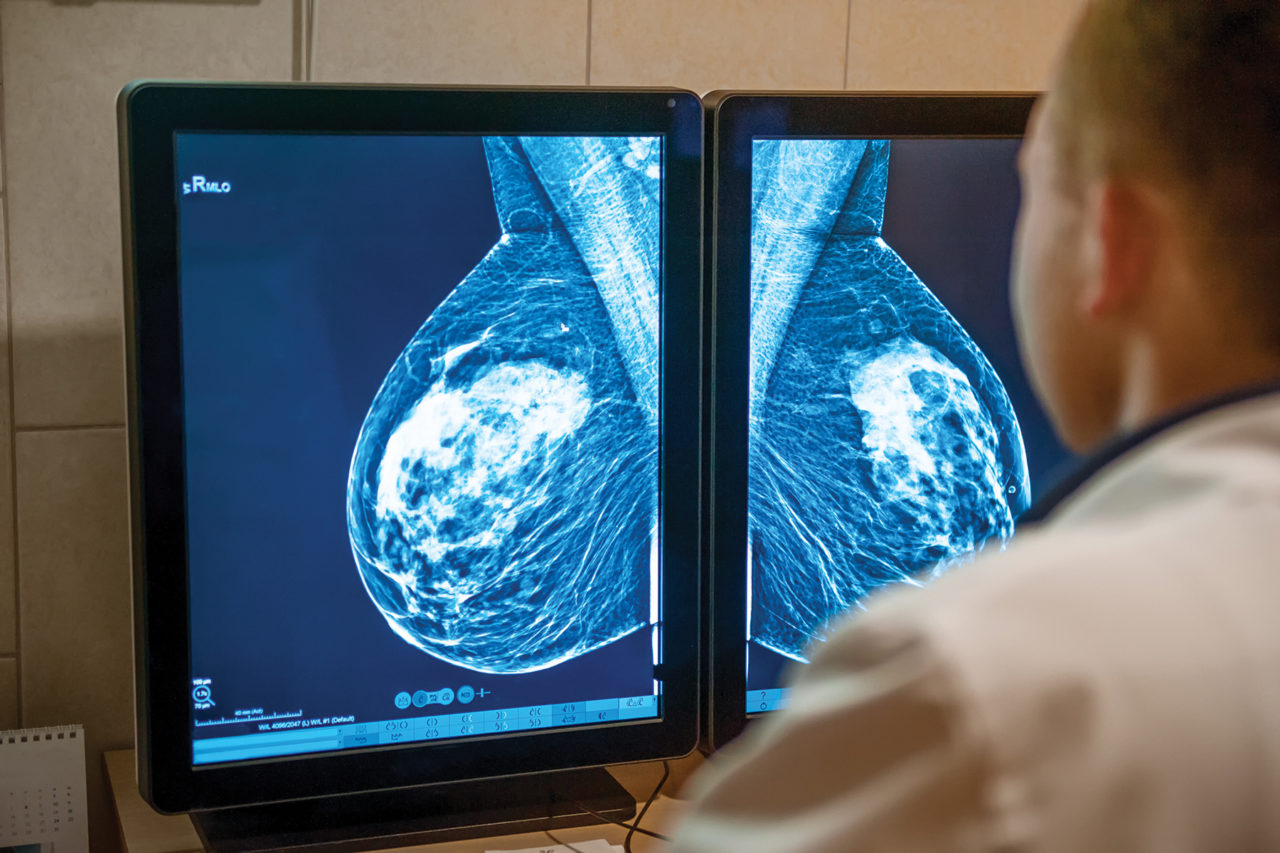
“It’s equivalent to two or three months of normal radiation that we get from everyday life,” she says. “And we know that mammograms do save lives.”
In the holistic and alternative health community, another method of screening exists. Thermography, which initiated in the 1980s and became popular in the early 2000s, is an option that uses a thermal camera to pick up heat registers in the body. It is also used to detect areas of extra cellular activity and can be used on any area of the body, with zero radiation.
Doctors do not usually endorse this as a viable option or as an effective screening tool and continue to support mammography as the preferred way to do early detection of breast cancer. However, those from the traditional medical and holistic communities agree that those in their 40s and beyond, and especially those with cancer in their family history, should be regularly checked for tumors or abnormalities in the breasts.
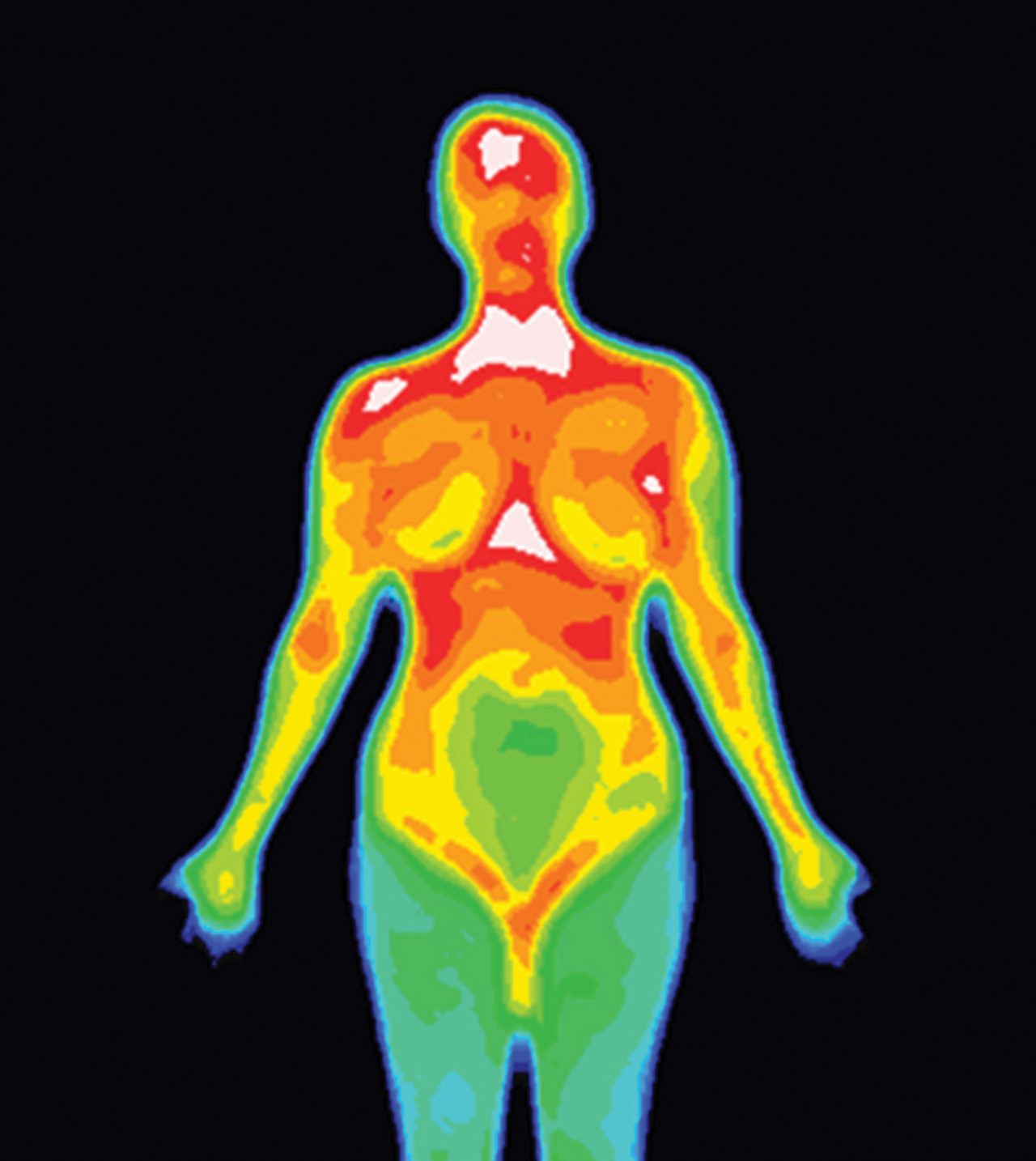
Holistic medicine does not necessarily seek to downplay traditional treatment methods, but instead offers an approach that may suit some patients. Kelly Wisneiewski, co-owner of Gateway Natural Medicine & Diagnostic Center in Berthoud, promotes thermography as an alternative to mammography and the radiation associated with it.
“Many of our patients are concerned about radiation. They are looking for a way to stay on top of their health without going the traditional route. Thermography is an option in this case,” she says. “We believe that thermography can pick up on areas of extra in ammation and this can help to detect developing tumors.”
Gateway Natural Medicine & Diagnostic Center offers a menu of services ranging from full
body thermography to med- grade treatments such as peels, microcurrent facials and additional options to improve skin. The clinic employs four physicians, including Wisneiewski’s husband and Clinic Director, Dr. Brett Wisneiewski.
Services are not paid through insurance; however, the clinic provides its insured patients with full records and receipts that allow reimbursement requests to be made through their providers.
Northern Colorado boasts an award-winning healthcare system and physician community, as
well as an abundance of holistic clinics and practitioners. As we enter October and Breast Cancer Awareness Month, individuals are encouraged to take an assertive stance on their own health and address concerns, be proactive in screening, and to handle potential issues quickly and through a process that aligns with their personal preferences.
Dawn Duncan is a writer, editor and marketing agency owner living in Fort Collins. To comment on this article, email letters@nocostyle.com.

